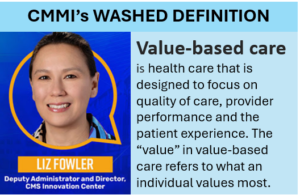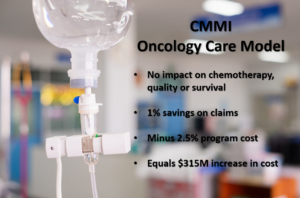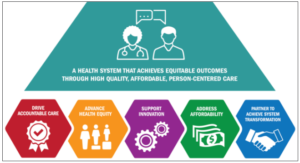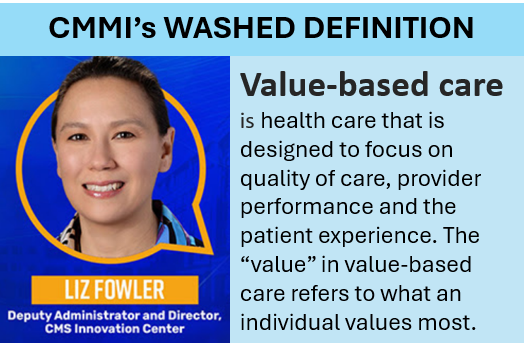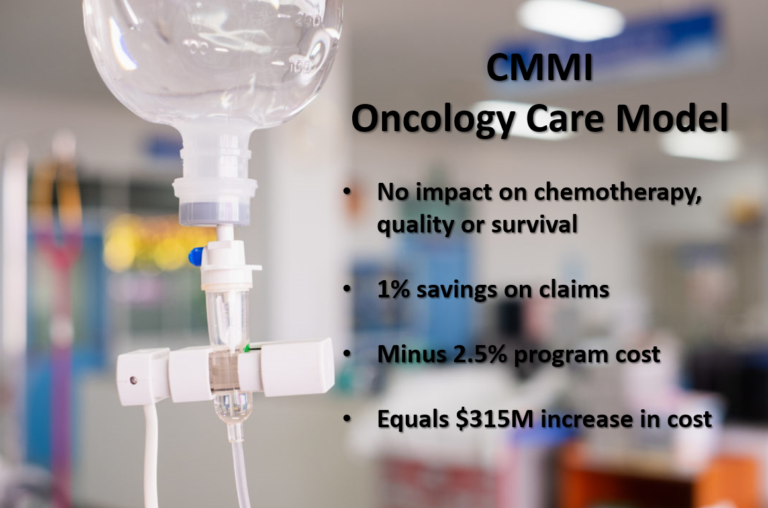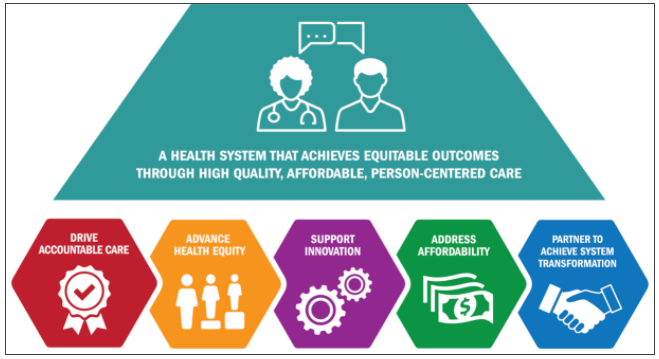 Catching up on some reading, I came across this article in Medical News Today, describing the results of survey research conducted by Brenda E. Sirovich, MD, MS, and colleagues from the VA Outcomes Group (White River Junction, Vermont), and the Dartmouth Institute for Health Policy and Clinical Practice. They surveyed primary care physicians and published their results in the Archives of internal Medicine. They documented that primary care physicians acknowledge over-utilizationof services received by their patients.
Catching up on some reading, I came across this article in Medical News Today, describing the results of survey research conducted by Brenda E. Sirovich, MD, MS, and colleagues from the VA Outcomes Group (White River Junction, Vermont), and the Dartmouth Institute for Health Policy and Clinical Practice. They surveyed primary care physicians and published their results in the Archives of internal Medicine. They documented that primary care physicians acknowledge over-utilizationof services received by their patients.
Their #1 theory of causation? “It’s because of malpractice lawyers!” That is not surprising to me, and is consistent with many conversations with both front line PCPs and leaders of primary care physician organizations.
 However, I personally believe that this is really the #1 rationalization of the over-utilization. I feel that there are two main causes:
However, I personally believe that this is really the #1 rationalization of the over-utilization. I feel that there are two main causes:
- Low fee-for-service reimbursement, creating the need for many short visits each day to generate enough revenue to make a good living (i.e. the “hamster wheel”). When visits need to be short, prescriptions and referrals are important to make the patient feel satisfied that their problem is really being addressed.
- Lack of effective clinical leadership or even peer interaction over the actual clinical decision-making (i.e. “care-planning”) done on a day-to-day basis by the vast majority of primary care physicians
Beyond the medical school and residency stage, physicians’ care planning occurs all alone, with no-one looking over their shoulder — at least no one with sufficient quantity and quality of information to make any real assessment of clinical decision-making. Health plans have tried to do so with utilization management programs, but the poor quality of information and the relationship distance between the physician and the health plan are too great to generate much more than antipathy.
If you eliminated malpractice worries and paid primary care physicians a monthly per-capita fixed fee, would wasteful over-utilization go down without also providing deeper clinical leadership and peer review enabled by better care planning data? Perhaps. But I would worry that, in that scenario, physicians would still stick with their old habits of hitting the order & referral button out of habit to please the patients who have been habituated to think of “lots of orders and referrals” as good primary care.
The “mindfulness” thing in the invited commentary by Calvin Chou, MD, PhD, from the University of California, San Francisco, is a bit much — trying too hard to coin a term. I’ve heard that presented before, and I categorized it with “stages of change,” “empowerment,” “self-actualization,” “motivational interviewing,” and “patient activation.” I’m not saying that such popular psychological/sociological concepts have no merit. I’m just a Mid-Westerner who starts with more conventional theories of behavior.

